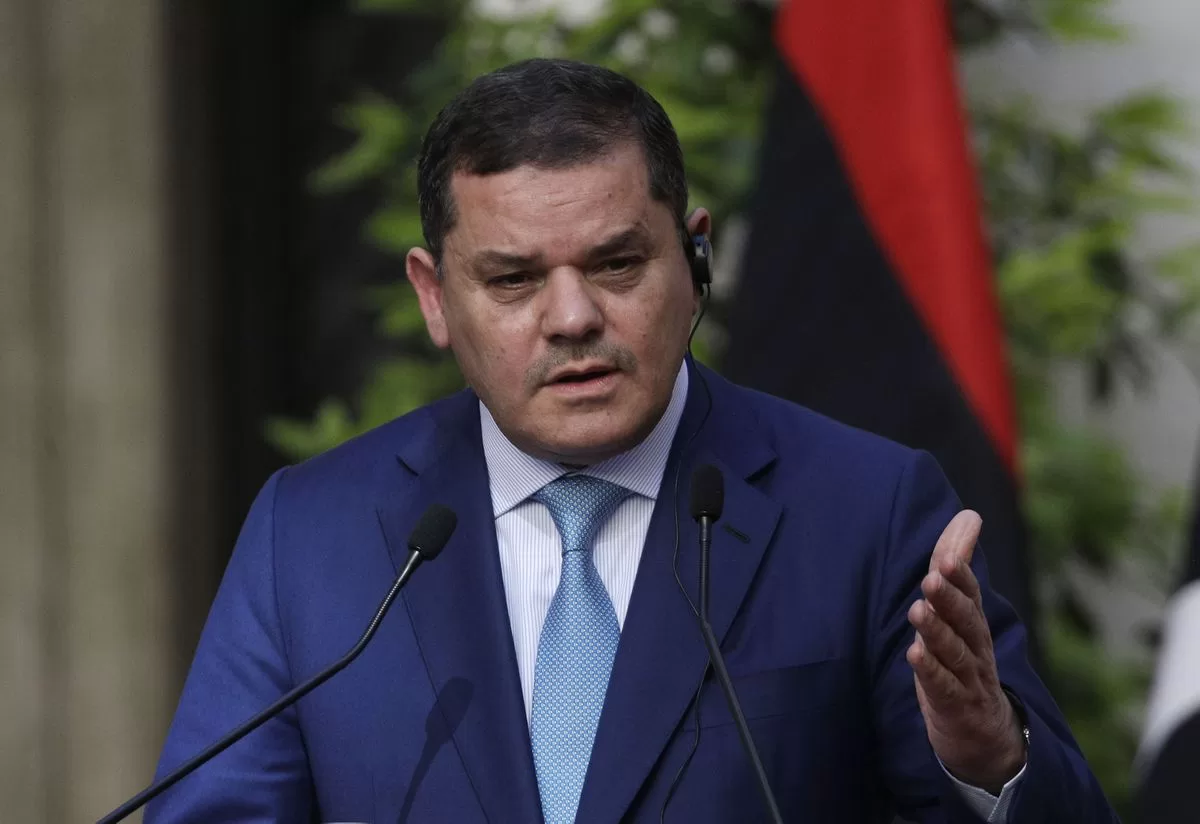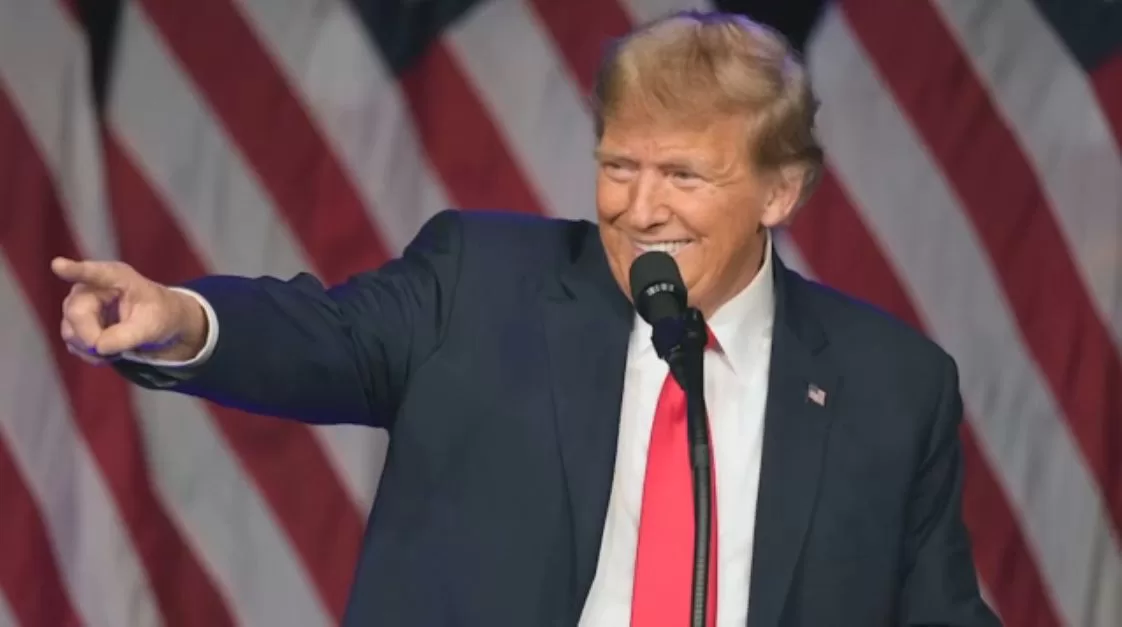The need to hold elections to overcome the acute political crisis that Libya has suffered for a decade has become a kind of mantra among the political class. But, deep down, no one seems interested in them being carried out. Or, at least, they are not interested in holding them under conditions that do not guarantee their own victory. Meanwhile, the division of the country is being consolidated into two large autonomous entities with parallel institutions: the western one, led by Prime Minister Abdelhamid Dabeiba; and the eastern one, under the tutelage of General Khalifa Hafter.
“I don’t see any option for elections to be held soon, before the end of this year. And that’s because nobody really wants them,” says Jalel Harchaoui, a researcher at the think tank British Royal United Services Institute. After the presidential elections set for December 24, 2021 were postponed sine die For political and logistical reasons, the current UN envoy for Libya, Senegalese Abdoulaye Bathily, had proposed to organize them before the end of this year. However, as the end of the term approaches, Bathily becomes more pessimistic. And he points out security problems as the main obstacle, especially the persistence of a multitude of armed groups.
Libya plunged into a spiral of chaos and violence after the outbreak of the arab springs in 2011. The fall of the regime of Colonel Muammar el Gaddafi in the midst of a civil war opened a window of hope for change that, however, was quickly closed. Power struggles between the various victorious factions prevented the creation of strong national institutions, and the country was left at the mercy of a constellation of militias. Since 2015, two large regional alliances have been formed, fighting for power, sometimes from offices, sometimes on the battlefield.
At the beginning of June, it seemed that the scenario of a presidential election was winning out thanks to the agreement reached in the committee known as 6+6, made up of a dozen representatives of the two Libyan legislative chambers elected in 2014. However, in the following weeks, several important players have distanced themselves from the pact. In fact, even Bathily himself has stated that the agreement contains “legal loopholes and shortcomings.”
As already happened in 2021, the main point of disagreement revolves around the criteria that candidates for the presidential elections must meet, which may affect the candidacy of General Hafter. Another debate focuses on whether or not it is necessary for a new government to be formed in Tripoli before these elections, with the consequent replacement of Dabeiba, elected under the auspices of the UN at the head of a transitional Cabinet, but with its mandate expired. .
Regional powers behind the scenes
Join EL PAÍS to follow all the news and read without limits.
subscribe
Furthermore, in the Libyan political equation, international and regional powers play a key role, albeit often behind the scenes. Egypt, which together with France have been the great supporter of Hafter, is the country that is most clearly promoting the elections. The Government of Tripoli, for its part, has the support of the United Arab Emirates and Italy. “While the position of the US and the UK is not clear, there is a key player: Turkey. She has always supported Dabeiba, but seems to be reassessing her position, as he is very interested in reconciling with Egypt and this could be the price, ”says Libyan political analyst Mohamed Eljarh.
While this game is being waged, the situation of the citizenry has improved over the last two years. The International Monetary Fund forecasts for this year a growth of the economy of 17%. “There is no longer the liquidity problem of 2020, with long lines at the banks. Even electricity cuts have been reduced, at least in Benghazi (the eastern capital}. There are some, but only during heat waves, as happens in other countries in the region,” adds Eljarh, who believes that the alternative to elections, an agreement between the various factions to share power, is a better solution to the Libyan puzzle, at least on an interim basis.
In large part, the economic improvement in the country is due to the stabilization of the oil price —Libya has the ninth largest oil reserves in the world— and, above all, to the absence of violence. Since autumn 2020 there has not been a major war clash, which is the longest truce in almost a decade. Oil flows again without hindrance.
“There have been clashes between local groups, but actors capable of provoking a big war, like Khalifa Hafter, now have no appetite for it. And neither are their international benefactors, and this is crucial,” says Mary Fitzgerald, an expert at the Washington-based Middle East Institute. With no elections in sight, the country’s division into various areas of influence is advancing and strengthening.
Follow all the international information on Facebook and Twitteror in our weekly newsletter.
Subscribe to continue reading
Read without limits




